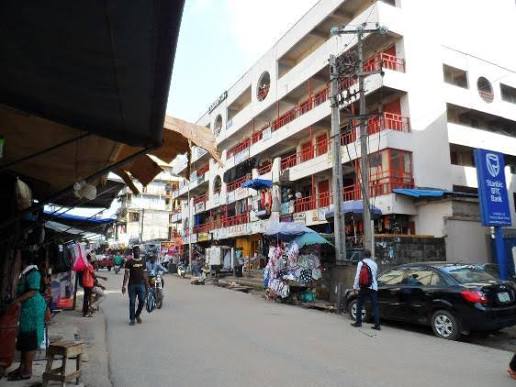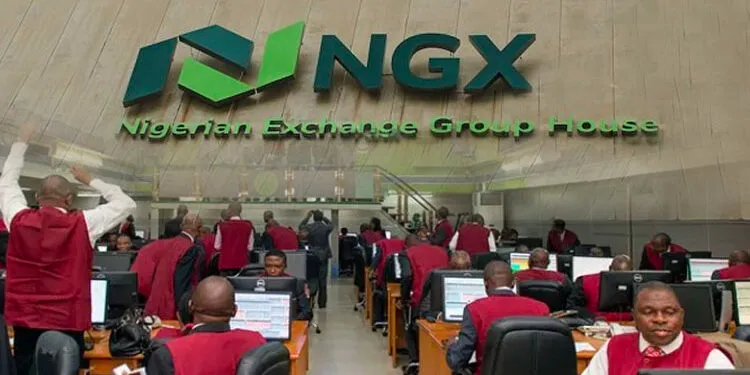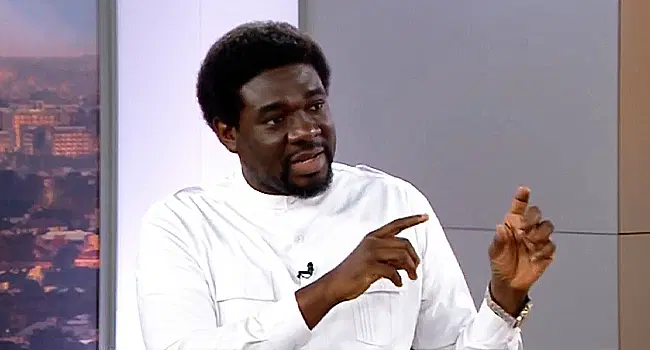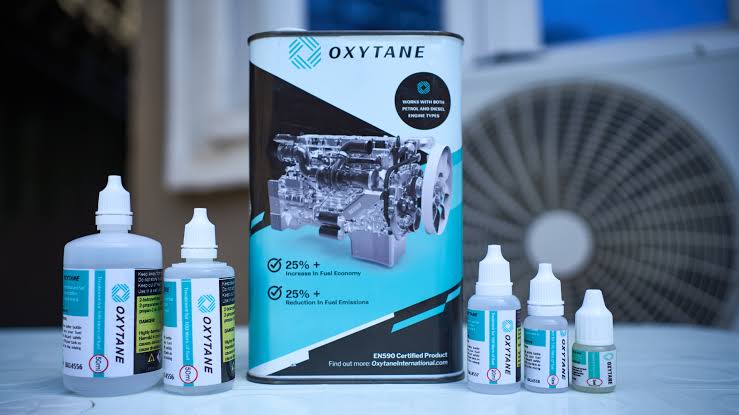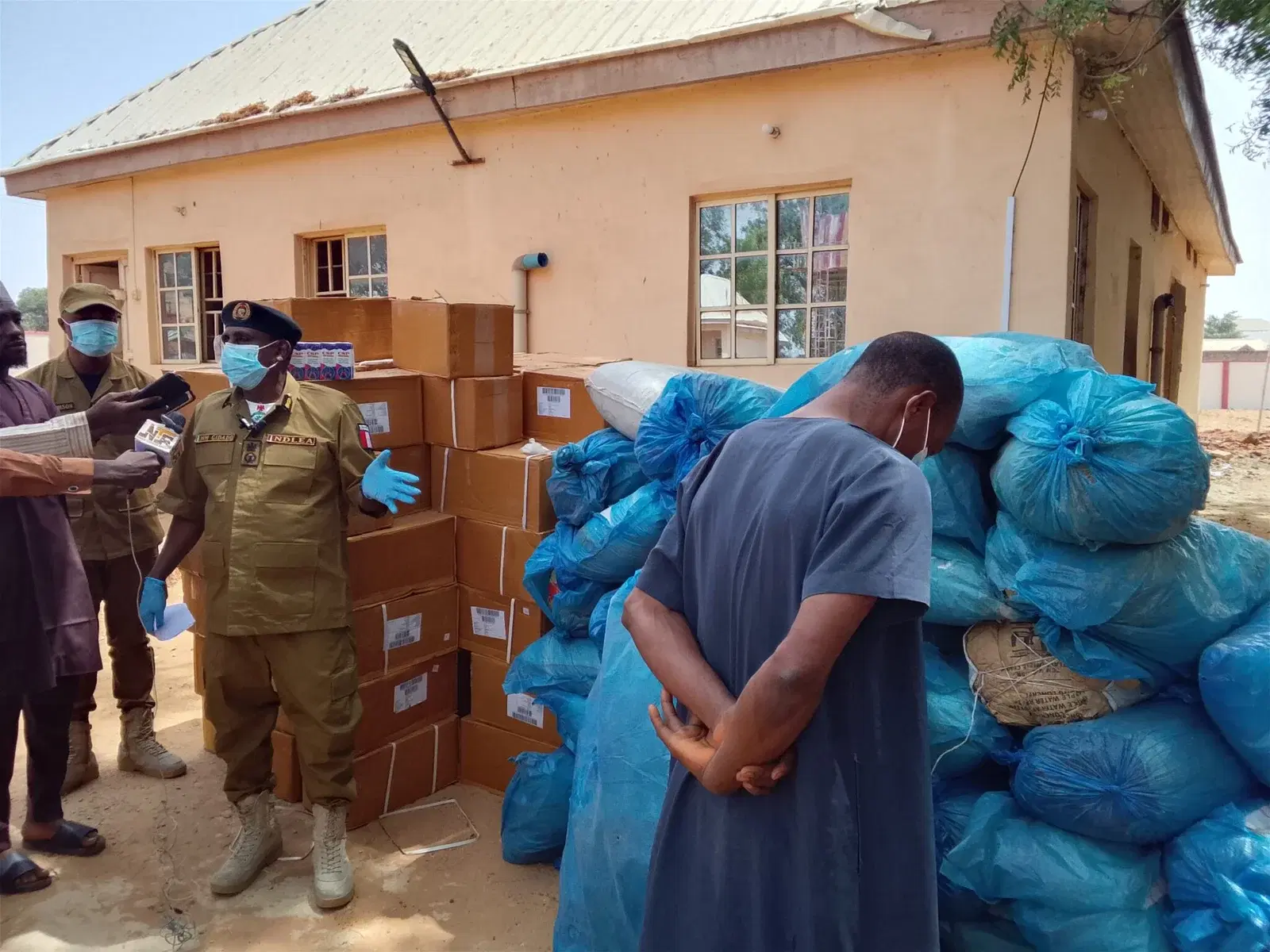The Federal Government is set to reinstate direct cash transfers to the poorest and most vulnerable Nigerians, aiming to address the challenges faced by millions in the wake of rising prices and the devaluation of the naira.
Approximately 3 million Nigerians are currently benefiting from these programs. However, the government anticipates extending the coverage to an additional 12 million households due to the soaring cost of living, bringing the total to about 15 million households.
Minister of Finance and Coordinating Minister for the Economy, Wale Edun, shared this information during a ministry retreat on February 21, 2024, in Uyo, Akwa Ibom State.
Edun revealed that the presidential panel on social investment programs is poised to meet with President Bola Tinubu to recommend restarting direct cash payments to the poorest and most vulnerable Nigerians. He emphasized the urgency, acknowledging the economic strain faced by citizens and the need to provide relief.
“The presidential panel on the social investment programmes has prepared to go to Mr. President with an internal recommendation to restart the direct payments to the poorest and the most vulnerable. Everything is being done to ease the pain. We know that there’s been about 3 million beneficiaries now, but given the way the rates have gone, there are probably another 12 million people, households that can benefit from that payment,” said Edun.
The expansion of direct cash transfers aims to reach a broader population grappling with economic challenges, ensuring that financial assistance directly reaches those who need it the most. Edun highlighted the commitment to leveraging technology for seamless and transparent payments, eliminating manual processes and delays.
Edun added, “The only thing delaying that is not waiting for the end of the report. It is something that the intervention is meant to happen immediately. We have experts in technology, the commitment was to make sure that we use technology to ensure that we have a seamless payment, a seamless movement between the registered and the direct beneficiaries, without any manual processes in between. So it’s taking time to automate that process immediately that direct payment will resume.”

